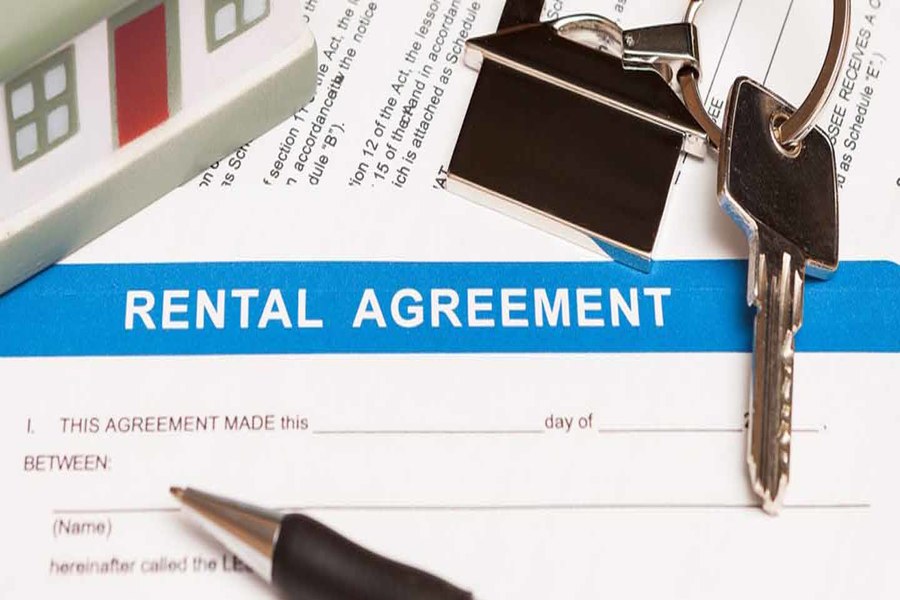
When it comes to renewing your Dubai property's annual tenancy contract, keep in mind that 90 days is the key number. Because Dubai has such a diverse range of living alternatives, from low-rise apartments to large, luxurious villas, RERA's Rental Calculator allows everyone to stay put and avoid paying outrageous rent increases, as well as check their landlords' rental increase expectations, if any.
As a Dubai tenant, you should be aware of the following facts:
1. You must give 90 days' notice.
Unless otherwise agreed, either party (tenant or landlord) must give 90 days' notice of non-renewal of the tenancy contract. According to the RERA index, if the landlord wishes to raise the rent, he or she must give a 90-day notice period. If a landlord fails to give notice, he or she will be unable to raise the rent. If no electronic or written notification is received, the rental contract for a Dubai property is automatically renewed at the same rental fee and under the same terms as the previous year.
2. A 12-month notice period is required.
If the landlord plans to sell or use the Dubai property for his or her own personal use or for first-degree relatives, he or she must provide you 12 months' written notice via notary public or registered mail before the eviction date. This is unavoidable.
3. If the landlord is attempting to raise the rent. What is the legal limit on how much they may raise it?
The landlord can only raise your rent in accordance with the RERA calculation, and any increase must be communicated to you 90 days in advance. The RERA calculator determines a rental cap for each location. If your rent is less than this amount, your landlord is allowed to raise it to the RERA rate.
4. File the tenancy agreement with RERA.
This prevents the same Dubai home from being rented out twice in a row. Any issue stemming from the tenancy contract will not be heard by the Dubai Rent Dispute Settlement Centre if you do not register it.
5. Rent payment.
The rent is usually paid according to the provisions of the tenancy contract in Dubai. Rent is typically paid in the form of post-dated cheques.
6. A change in price.
You have the right to submit a lawsuit with the Rental Dispute Settlement Centre if you and your landlord cannot agree on a price change prior to contract renewal. Before a decision is issued, you must pay 3.5 percent of your yearly rent in non-refundable fees (minimum AED 500, maximum AED 20,000) and visit the dispute centre.
7. Utilities
You are not required to renew your DEWA (Dubai Electricity & Water Authority) account every year as a tenant. You should give a copy of the final DEWA bill to the landlord or agent when you leave the Dubai property.
8. If the landlord has not paid the building's service charges and the tenant is unable to use the common areas. Is there somebody the tenant can talk to about this?
In the first case, you should speak with your Landlord. If they refuse to pay, you may be able to take legal action against them. To begin, dial 600 555 556 for the Dubai Rental Disputes Settlement Centre.
9. The rental homes the tenant is interested in are all being scooped up swiftly. How can he/she put a deposit on a house and know that no one will undercut me within 24 hours?
The property should be reserved for you and taken off the market once you've paid your deposit. However, if you want to be certain, you should sign a contract as soon as feasible.
10. Property subletting:
The relevant law in Dubai states: “Unless otherwise agreed by the parties to the lease contract, the tenant may not assign the use of or sub-lease the real property to third parties unless written consent of the landlord is obtained.”
Further, another law states that in case the tenant sub-lets the property or fails to pay the rent within 30 days of obtaining a notice to pay the dues, the landlord can seek eviction and this will apply to the sub-tenant as well. The latter can then claim the paid-up rent on the tenant (in this case on the sub-renting company) via the UAE’s civil process.
11. Proofreading.
Above all, make copies of all correspondence. This will be useful if you need to file a complaint with RERA or the Dubai Rental Dispute Centre.